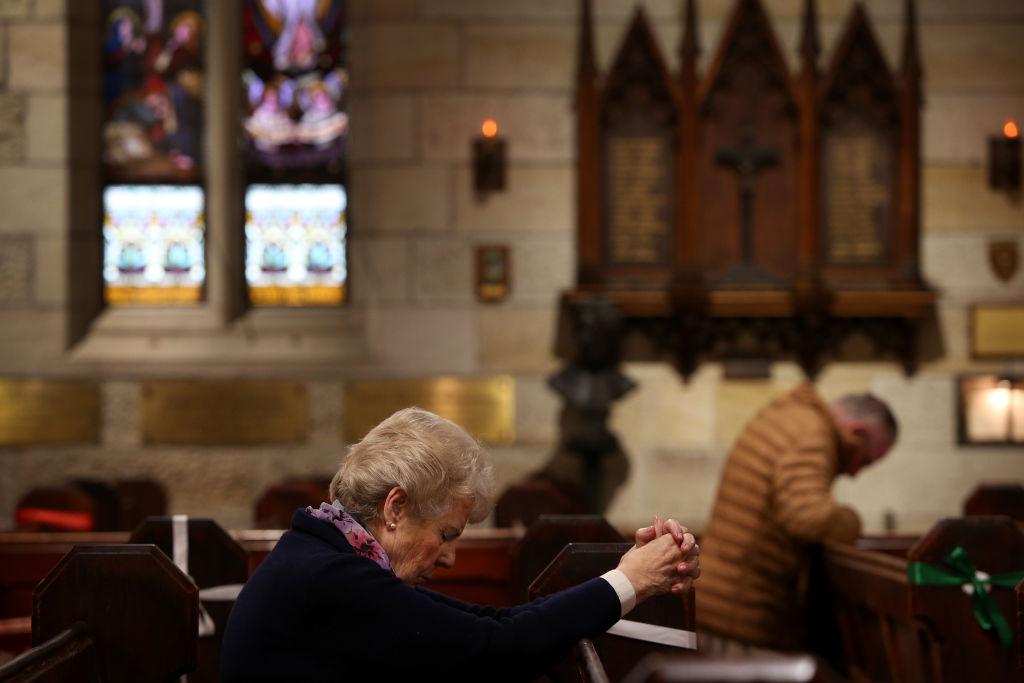A representative of the Australian Council of Trade Unions (ACTU) has attacked the government over its timing of the Religious Discrimination Bill arguing that “if we were going to have a debate about a divisive bill, it could not have come at a worse moment.”
Liam O’Brien, Assistant Secretary of the ACTU, argued that the Australian Coalition has had three years to introduce a conventional anti-discriminatory bill to protect people of faith from religious discrimination and therefore criticised the currently proposed bill for being “confusing” and “complex”.





